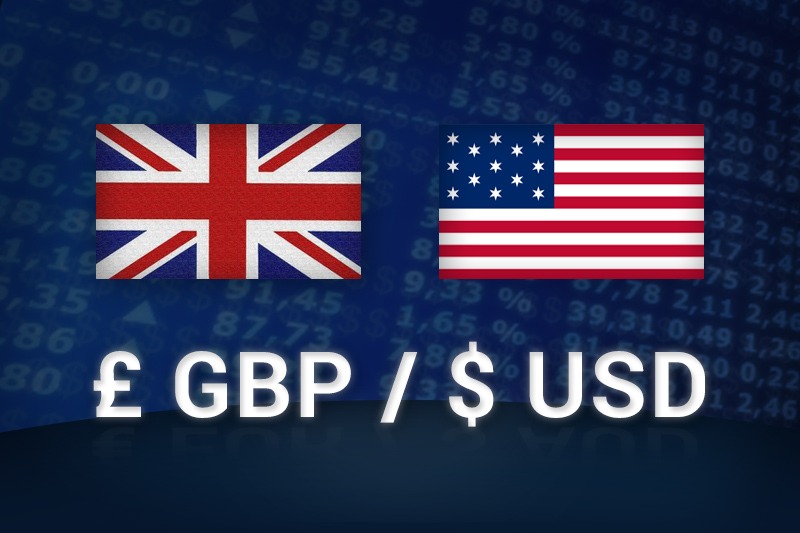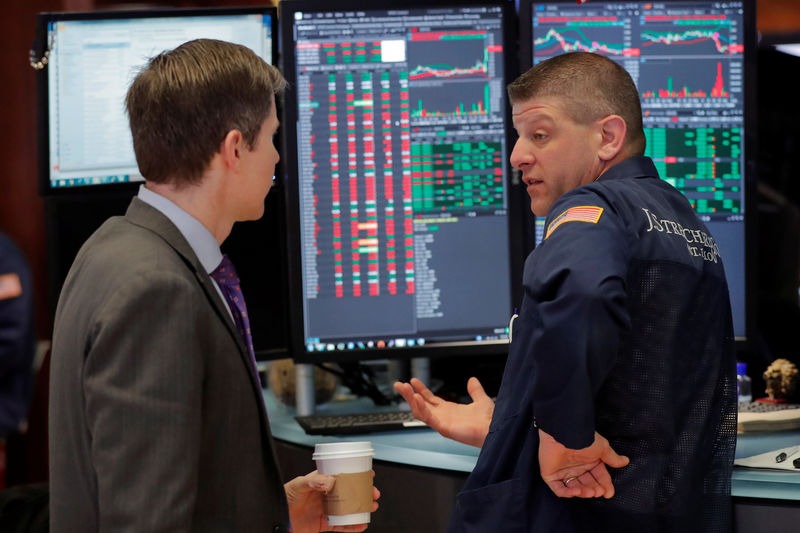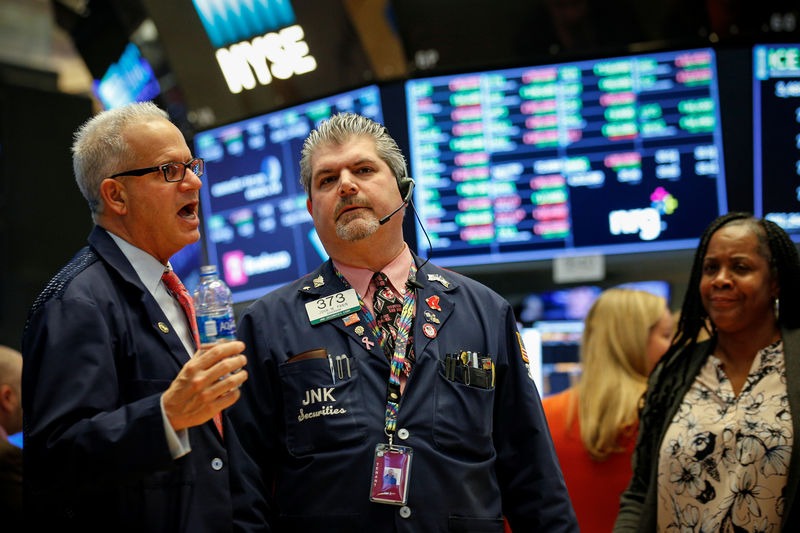The pound touched its highest level since the Brexit vote on Tuesday ahead of EU-UK negotiations this week.
Sterling edged up 0.1% in early Asia trading, touching $1.4354, its highest intraday level since the June 2016 UK referendum and moving past the prior post-Brexit high, hit on January 25.
The British currency, which has gained since the UK and EU last month forged a conditional agreement on the terms of a Brexit transition, on Monday crossed above the $1.43 mark for only the second time since the Brexit vote but it is still well off the $1.49 level it traded at just prior to the vote.
While the pound has gained more than 5 per cent against the dollar this year, analysts remained cautious heading into the EU-UK trade talks this week
This year has been a good one for the pound: It has climbed 5.8% against the greenback, leaving it as the top performer among the G-10 currencies. The gains have come after the UK and EU forged last month a conditional agreement on the terms of a Brexit transition.





